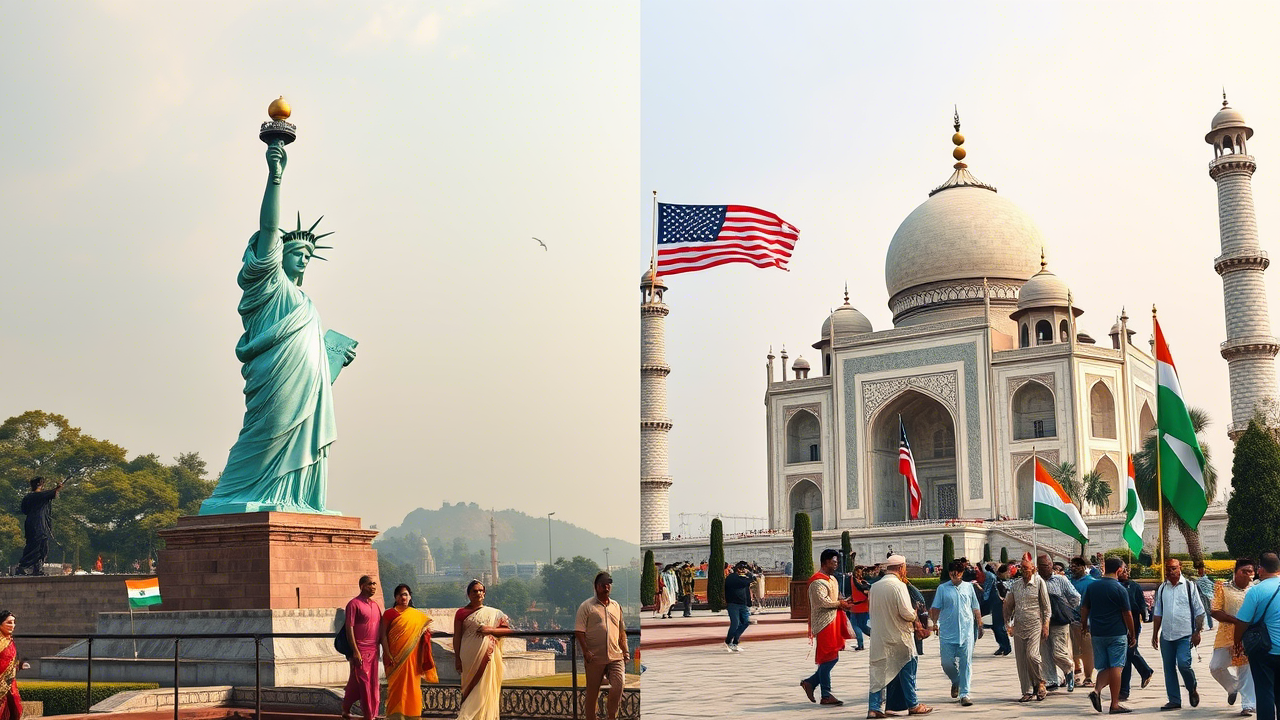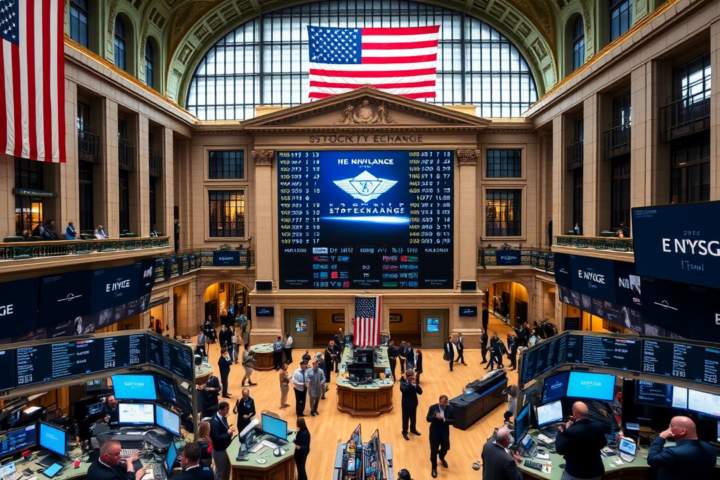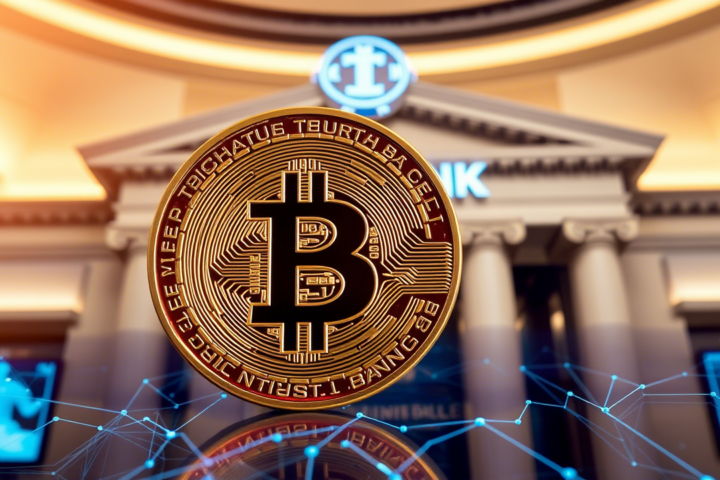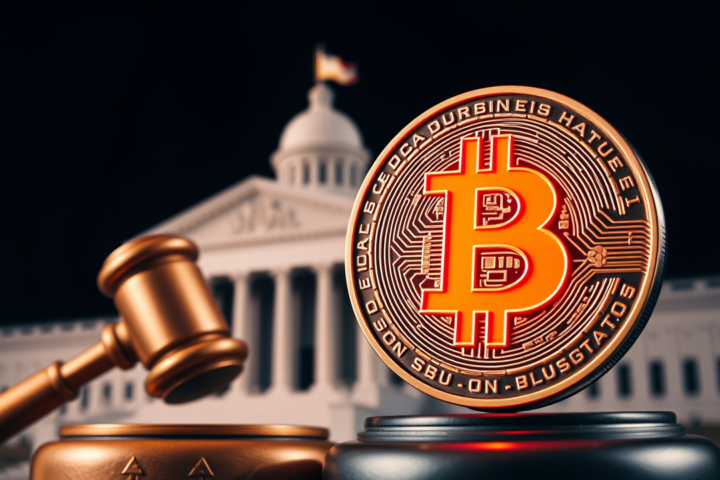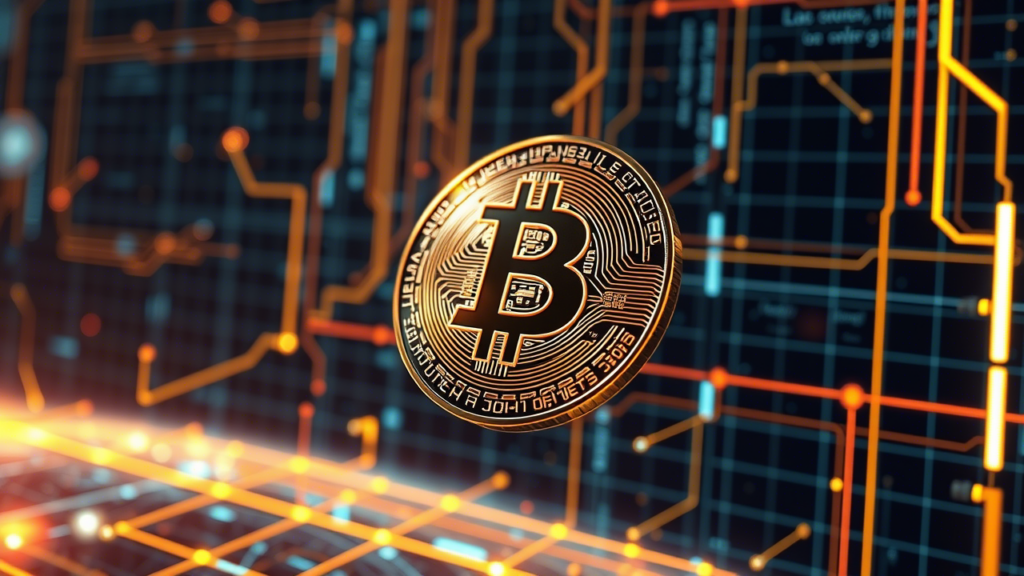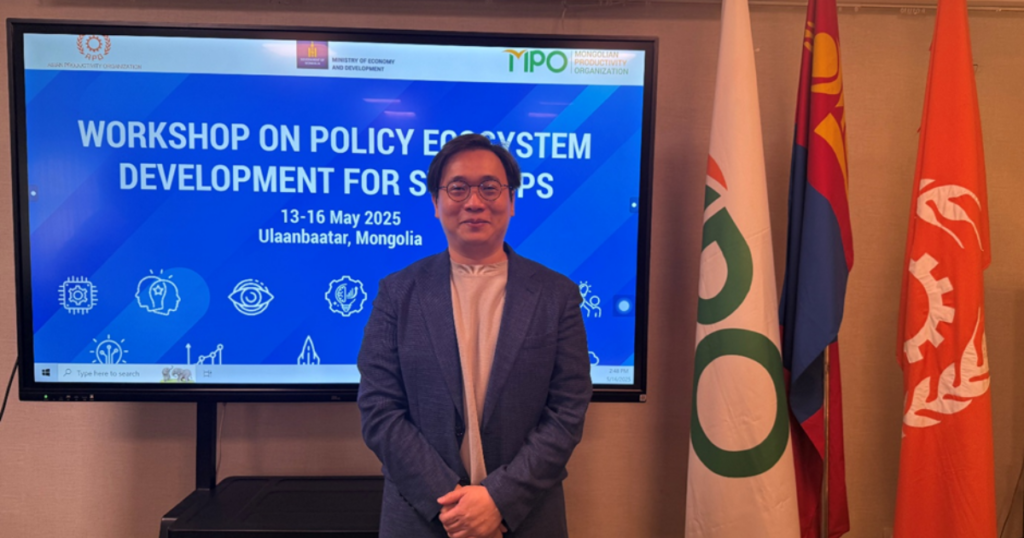Officials from India and the United States have begun two days of closed-door trade negotiations, with both sides aiming to finalize an interim tariff deal. The push for near-term tariff reductions is part of a broader strategy to integrate supply chains, manage political pressures, and reshape digital-era trade cooperation.
According to Reuters, negotiators from both countries are aiming to wrap up an interim tariff deal ahead of a July 9 deadline set by President Donald Trump. Two Indian government officials said discussions are centered on lowering tariffs in key sectors like agriculture and automobiles, while also addressing measures to expand market access.
One of the officials disclosed that the draft agreement features tariff adjustments and quota-based concessions, with a formal announcement anticipated by late June.
India’s negotiation team is being led by chief negotiator Rajesh Agrawal, while Trade Minister Piyush Goyal is expected to join the discussions following his return from Italy. On the U.S. side, the delegation is reportedly headed by senior officials from the Office of the United States Trade Representative.
The U.S. is reportedly seeking greater access to India’s agricultural and dairy sectors as part of ongoing trade negotiations. In response, Indian officials are advocating for improved terms for domestic exports and stronger collaboration on supply chain initiatives. According to one Indian official, the country has offered to reduce average tariff levels to align with the U.S. benchmark rate of 10%, provided that Washington agrees to make comparable concessions.
The ongoing negotiations build on a February accord in which India and the United States committed to a phased approach aimed at expanding bilateral trade to $500 billion by 2030.
India’s shifting stance on cryptocurrency regulation is increasingly aligning with its wider objectives in trade and foreign investment policy.
India’s Supreme Court in May voiced alarm over the absence of a regulatory framework for cryptocurrencies, emphasizing a disconnect between taxation policies and oversight.
Despite the government imposing taxes on digital assets such as Bitcoin (BTC), Justices Surya Kant and NK Singh emphasized the urgent need for clear rules and supervisory safeguards. The justices noted that a complete ban may not be economically viable, but stronger regulation is essential to prevent misuse.
Read More
- Coinbase FIU Approval Paves Way for Reentry Into India’s Crypto Market
- Trump Teases Tariff Rollback After Talks With Xi
- Tariffs in Focus as US Rallies Allies to Block China Workarounds
Michaela has no crypto positions and does not hold any crypto assets. This article is provided for informational purposes only and should not be construed as financial advice. The Shib Magazine and The Shib Daily are the official media and publications of the Shiba Inu cryptocurrency project. Readers are encouraged to conduct their own research and consult with a qualified financial adviser before making any investment decisions.

